My Experience & Highlights From the Show
My Experience & Highlights From the Show
The Strategy Behind
the Spotlight
Being an investor on Shark Tank Guatemala has been one of the most fulfilling roles of my career. Every pitch is a high-stakes moment; and as sharks, we have to make a decision on the spot, without much time to think. But what matters most isn’t just the idea — It’s the character of the entrepreneur, and conviction to work through the challenges that come with every entrepreneurial venture.
I don’t just invest in products. I invest in people who understand their customer, the solution they need, and why it matters.
What you see on TV is only a fraction of what happens in the tank. Each pitch lasts around 45 minutes, but the final cut is often just 10 minutes; which means a lot of nuance and negotiation gets left out.
This page features highlights from Season 1, including a breakdown of standout pitches and my commentary on what made them shine... or fall short.

Highlights from Season 1:
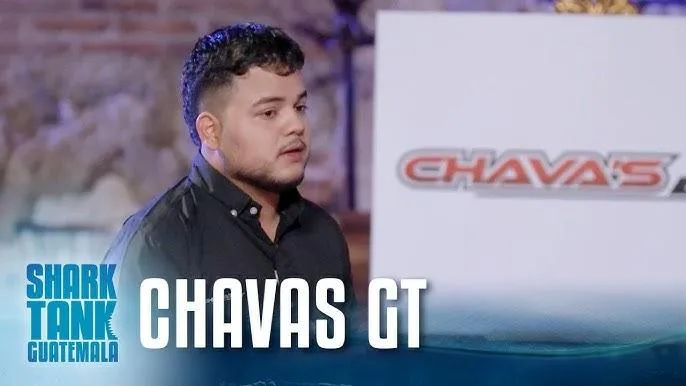
Chava
Chava’s pitch stood out for the empathy it created with the audience and even sparked a bidding war among the Sharks. But behind the excitement, the real lesson was in the negotiation; especially the nuances of the buy-back valuation that most viewers may have missed.
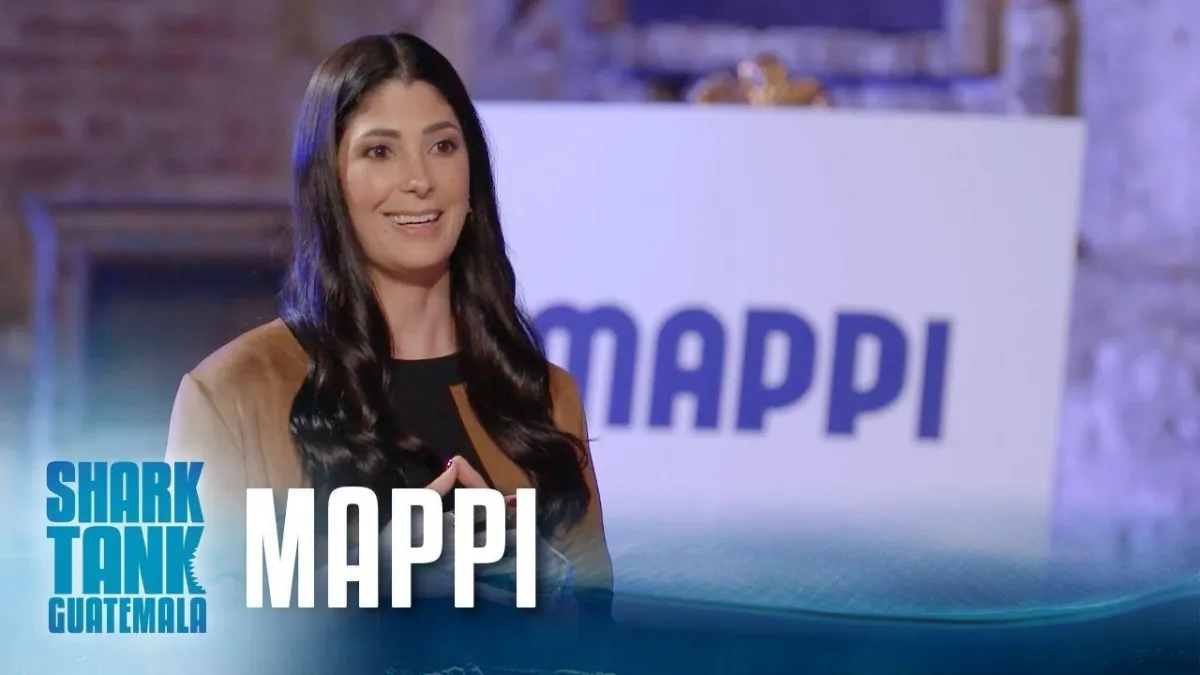
Mappi
Mappi stood out as the first true tech startup of the season, with a subscription model, founders investing their own capital, and smart use of an MVP to validate the market. Although I chose not to invest on-screen due to some structural concerns, the post-show follow-up reminded me that great opportunities can still unfold after the show.
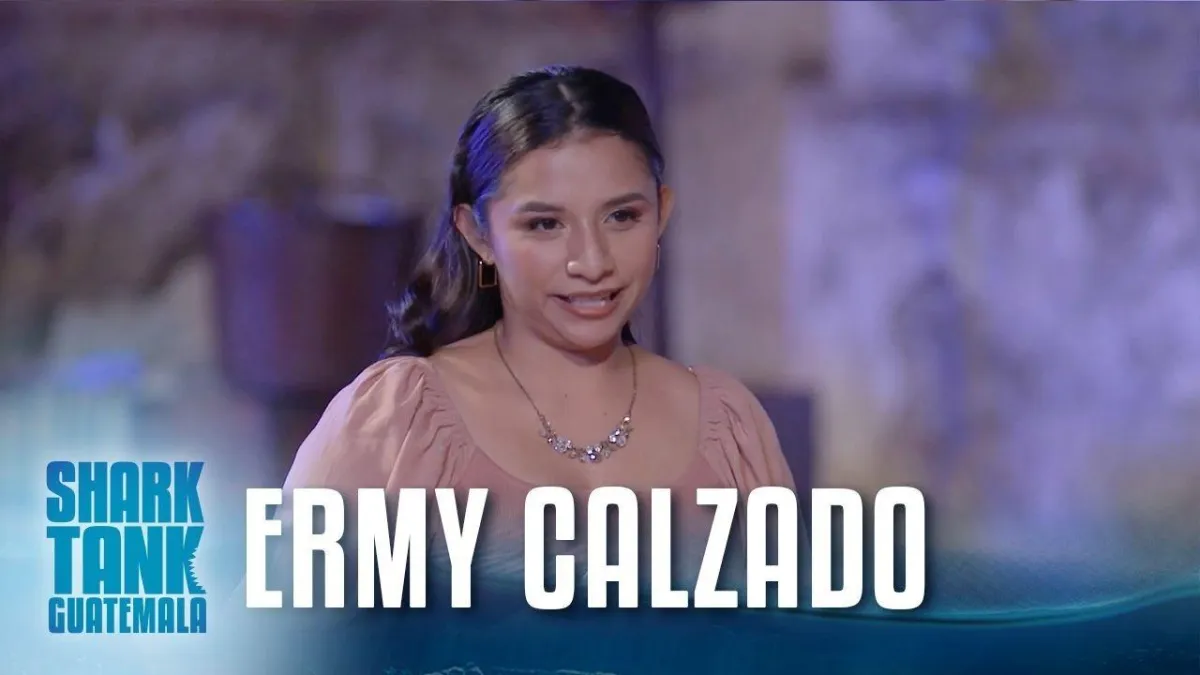
Ermy Calzado
What caught my attention in Ermy’s pitch wasn’t just her product, but her sharp understanding of customer acquisition cost. She knew exactly how much it cost to gain a client—a key metric for scalability. That clarity and the entrepreneurial spark that Yanarith demonstrated, made me confident to invest.
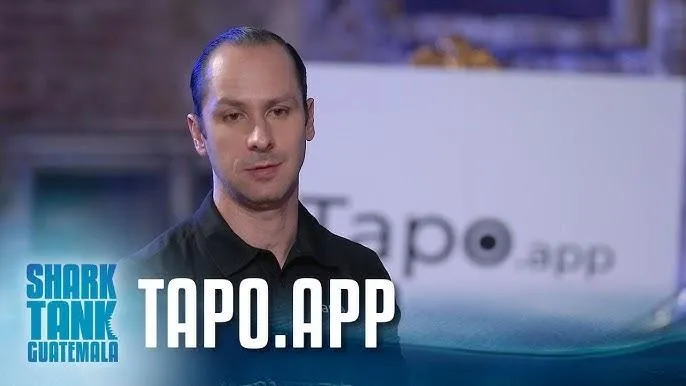
Tapo App
TAPO caught my attention in investing the moment they mentioned Software as a Service (my favorite model) because of its scalability and recurring revenue. While they weren’t SaaS yet, I saw the clear potential to evolve into it, turning their smart card business into a platform with high margins and constant growth.
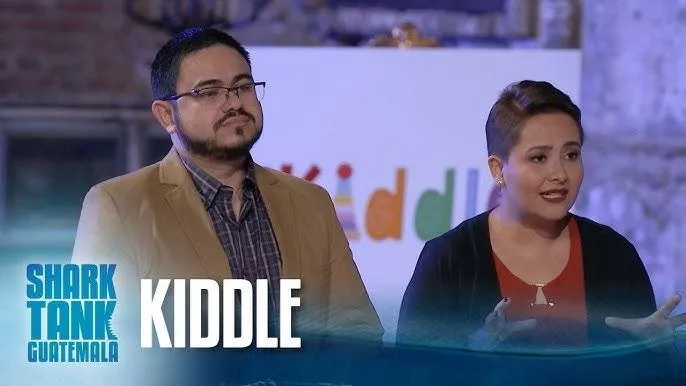
Kiddle
This was one of the most interesting pitches because it combined two powerful elements: a recurring revenue model and high customer lifetime value. What made it stand out even more was showing that recurrence doesn’t always come from tech. In this case, it came from a service families could rely on for years as their children grew.
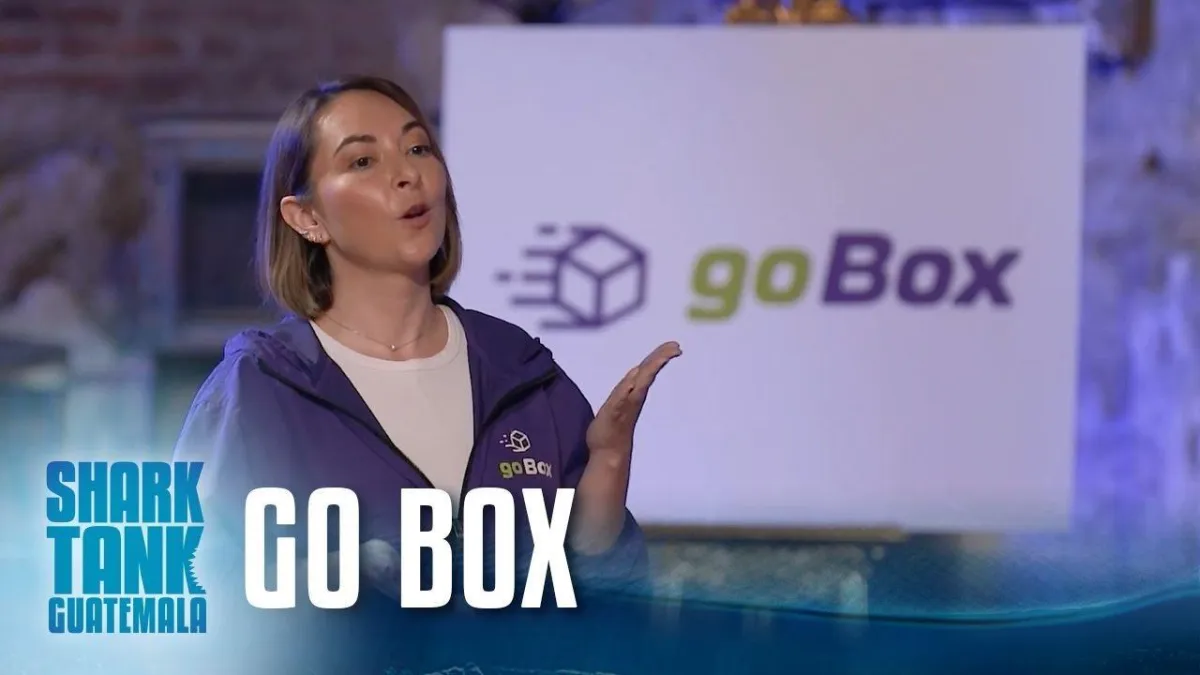
GoBox
One Shark offered to buy the entire company, which risked signaling a willingness to give up its future potential. While that raised doubts, Rocío still wanted to hear other offers. I sensed that there was more to build on, so we stepped in to invest, backing her vision instead of ending it too soon.
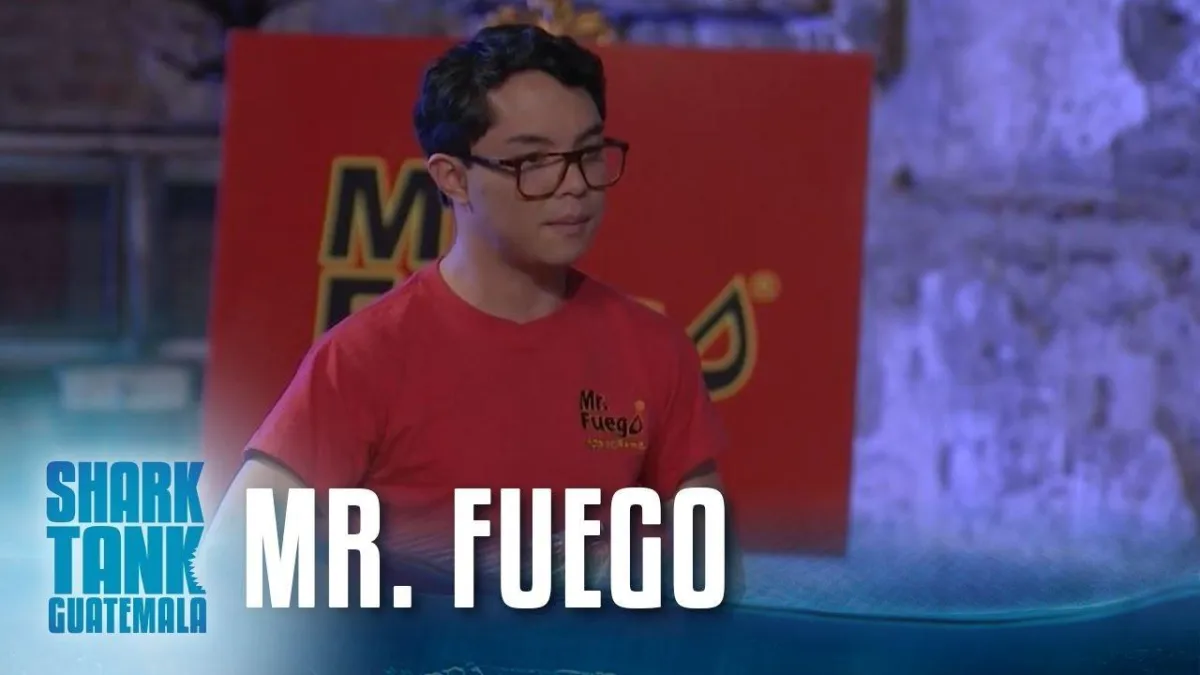
Mr. Fuego
Mr. Fuego impressed with an invention born when the founder was just nine years old, but what stood out was the difference between being an inventor and being an entrepreneur. While it didn’t make the cut during the pitch, he confessed that he wasn’t ready to commit fully to the business. Which became a dealbreaker for me because I value perseverance and dedication, just as much as innovation.
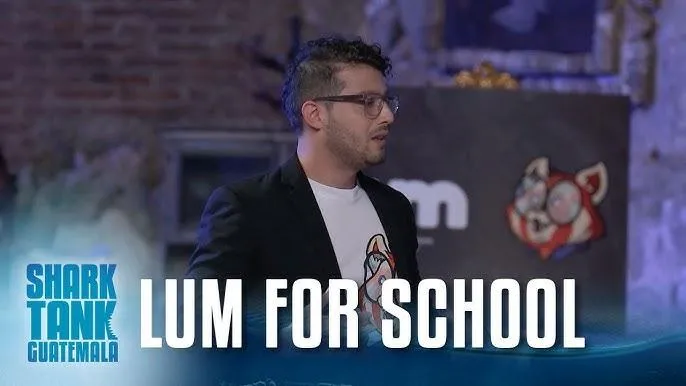
Lum for School
Lum for school introduced Artificial Intelligence into the conversation in this first season. It sparked a discussion about supporting public education. I saw an opportunity to support the public sector with the purchases of the private sector, which can lead the way in adopting new technologies, and open up the opportunities for others to follow
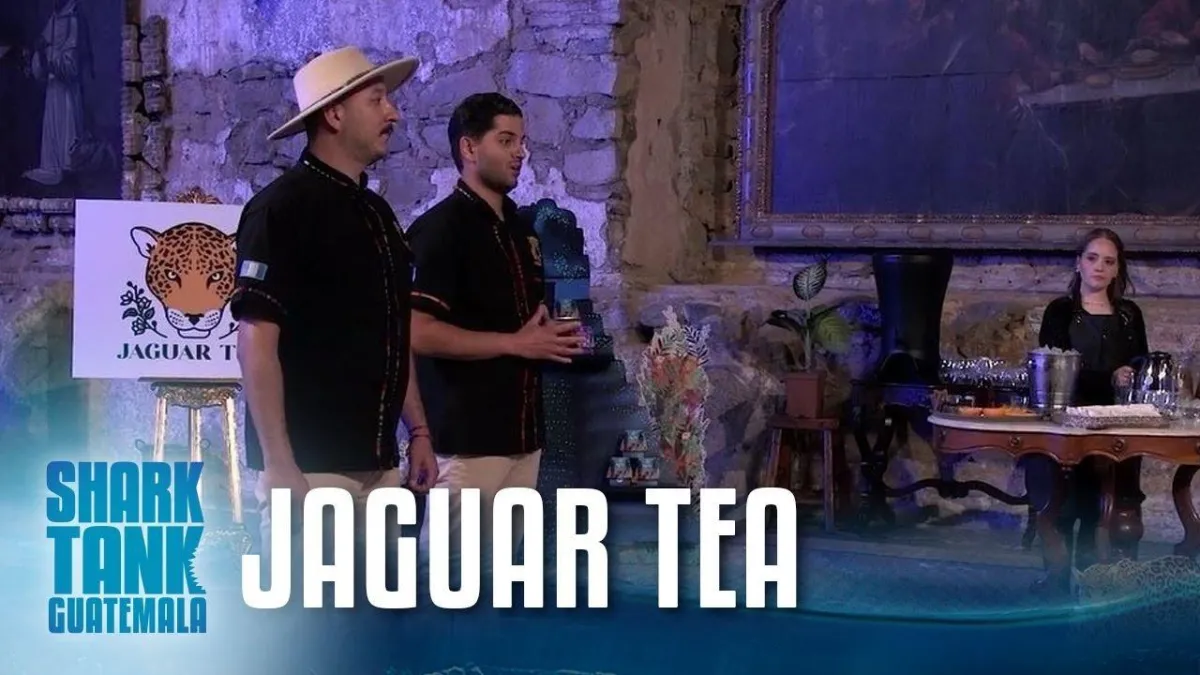
Jaguar Tea
Though Guatemala is known for coffee, this tea brand showed the potential to become a national pride. What stood out were the founders... driven, positive, and hardworking, and the chance to build a strong marketing strategy with them. That combination made us invest, and within months, their sales had already doubled.
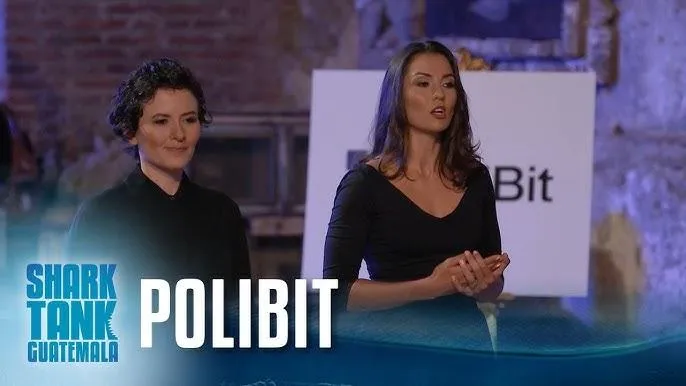
Polibit
Polibit delivered one of the smartest pitches and negotiations of the season, holding firm on their valuation while using advisory shares to sweeten the deal. It was a master move that protected early investors, secured new ones, and showed the kind of advanced pitching skills that create true win-win outcomes.
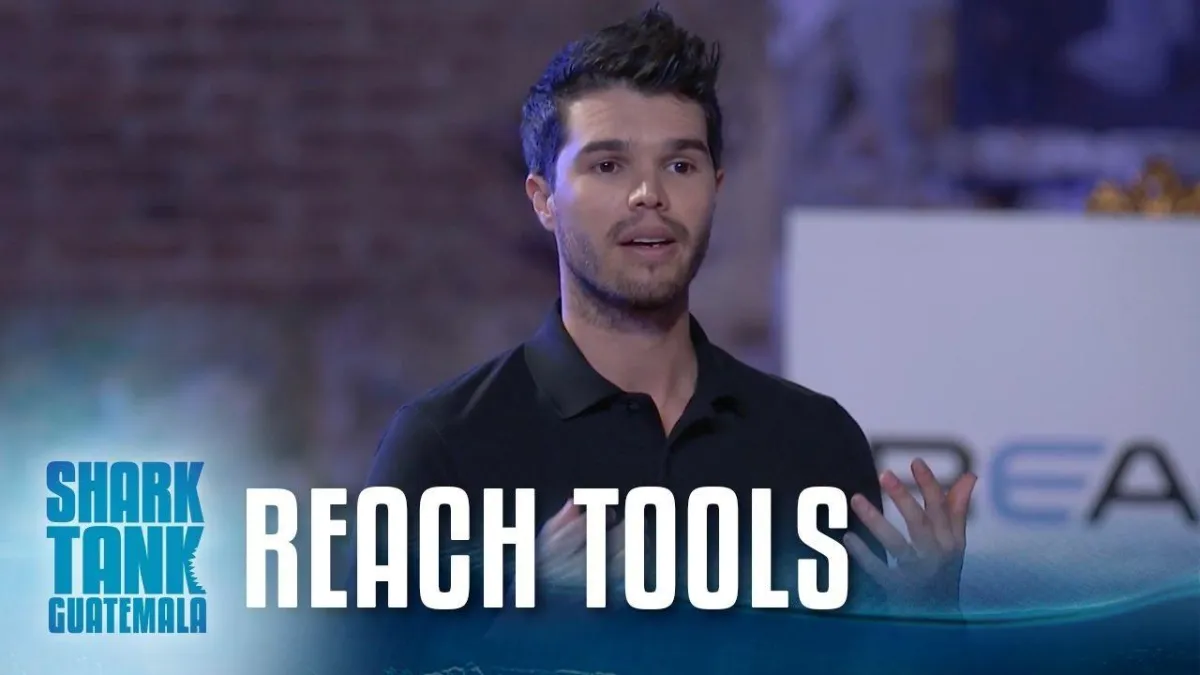
Reach
Reach Tools came in offering only a franchise deal, without any flexibility in offering equity. This created an immediate reactions from me and Sharks, who thought that this kind of pitch doesn’t belong to Shark Tank. it was a strong reminder that when you’re pitching, it’s crucial to know your audience, and to stay open to feedback so you can adapt your offer to what investors are really looking for.
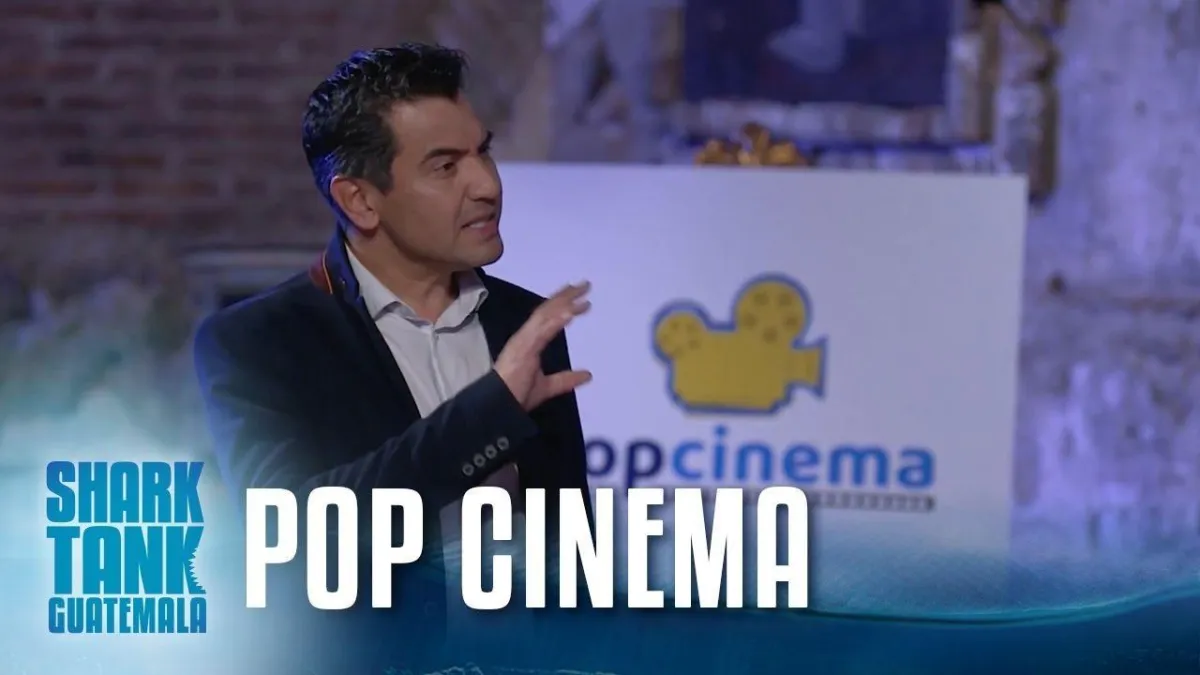
Pop Cinema
Pop Cinema stood out by bringing the magic of movies to communities that had no access before; an example of what Clayton Christensen calls market-creating innovation. By identifying small towns than what competitors are willing to service, and optimizing showtimes for local demand, they showed how to unlock entirely new markets. That vision made the opportunity compelling, with potential to expand across Latin America.
Watch the full episodes on Youtube
They're filmed in Spanish, but you can watch them with captions.
